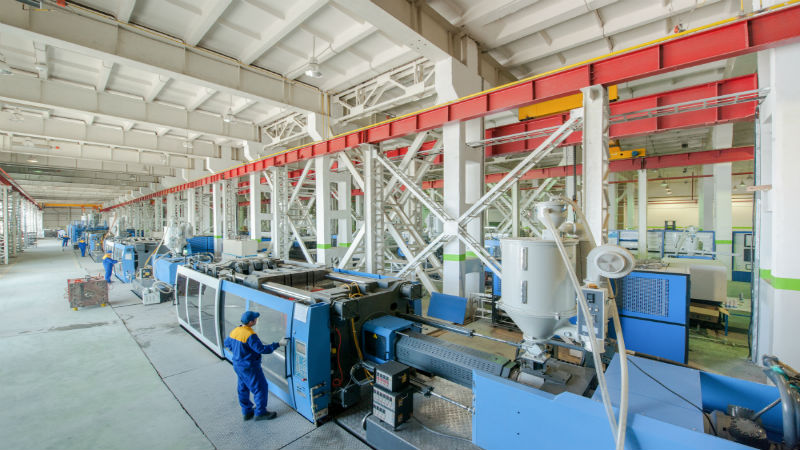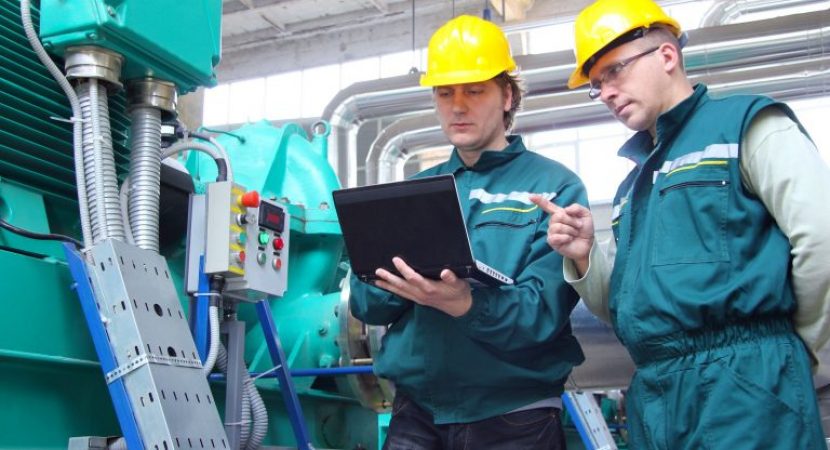Among the many tools used in the typical lab are lab mills. These are the key pieces of equipment that assist in the sample preparation process. As a type of mill, they break down the size of a particle and help homogenize samples for use in testing. Yet, there are a few other specific facts that you should understand about lab mills.
Use on Different Materials
Mills in a lab setting are a versatile piece of equipment. They can be used with different types of materials, such as fibrous substances, wet particles or dry matter. Each type of material can benefit from mill use when attempting to obtain a sample.
Knowing What You Need
Before you purchase a lab mill, be sure to analyze what you will be using it for. There are several different models, each suited for a specific purpose. For cell disruption tests, you are best off choosing a bead mill. However, if you need to work with particularly hard materials, it is best to use a planetary bead mill. For high-energy uses, it is best to choose a high-energy ball mill. Regardless of why you need a mill, it is possible to find a suitable model.
Other Considerations
There are a few other things to consider when thinking about a new mill for your lab. Be sure to think about the cleaning and maintenance procedures that are required for each device. Also consider whether an additional cooling system is required to support the operation. If you take these factors into account, you’ll be able to select a mill that will last for years to come.
For more information about media grinding mills, contact CB Mills.


